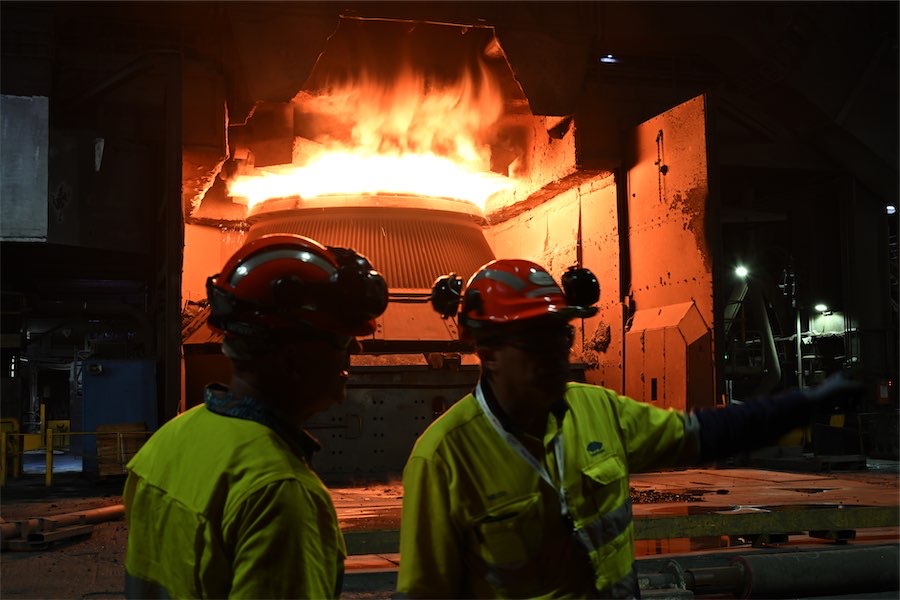
By Poppy Johnston in Canberra
The federal opposition is maintaining its push for last resort supermarket break-up powers is not anti-business, following criticism from a major lobby group.
Opposition finance spokesperson Jane Hume said the sector-specific divestiture powers would only be applied if anti-competitive behaviour was found.
“That’s not an anti-business policy… it’s a policy putting everyone on an even playing field,” Senator Hume told Sky News on Wednesday.
She said big business obligations were not just to shareholders but also customers, employees and supply chain partners.
The Greens have also been calling for powers to break up supermarket businesses found to be misusing their market power.
The sector has come under intense scrutiny as consumers have struggled to pay for groceries and farmer prices were undermined while the big players reported profits.
The Business Council of Australia took shots at divestiture policies at a dinner on Tuesday, with president Geoff Culbert arguing it had become “popular to bash big business”.
“Why would anyone want to invest in a country where a 4 or 5 per cent profit margin gets you an accusation of price gouging and a call for divestment?” he asked at the group’s annual dinner.
Divestiture policy was not the only target of criticism, with Labor government regulatory changes and workplace relations reforms also under fire.
Prime Minister Anthony Albanese, who spoke at the same event, said job creation had been strong under the industrial relations reforms.
He also said government wanted to work alongside the private sector on reinvigorating the economy.
“Economic reform is not confined to a vanished golden age, it remains our challenge to meet and our opportunity to seize,” Mr Albanese said in his speech.
“I am optimistic that government and business can do this together, by recognising each other’s strengths, respecting each other’s views and valuing each other’s contribution.”
The business group representing Coles, Woolworths and other big corporates also issued a warning about the state of the economy and the outlook for national prosperity.
August CreditorWatch data found overall business failure rates had jumped 17.3 per cent since January.
The average failure rate was sitting at 4.95 per cent, the highest level since early 2021.
CreditorWatch chief economist Anneke Thompson said Australian businesses were operating under extremely challenging conditions.
Low levels of consumer spending, high inflation and interest rate increases had been putting pressure on businesses.
Yet high failure rates also reflected a level of “catch-up” from pandemic-era lows, Ms Thompson said, with businesses that may have otherwise gone bust supported by JobKeeper payments and a pause on tax office debt collection for firms.
Food and beverage businesses were going under at the highest rate of all industries tracked by credit reporting bureau.
In August, businesses in the industry were failing at a rate of 8.2 per cent.
Who can be trusted?
In a world of spin and confusion, there’s never been a more important time to support independent journalism in Canberra.
If you trust our work online and want to enforce the power of independent voices, I invite you to make a small contribution.
Every dollar of support is invested back into our journalism to help keep citynews.com.au strong and free.
Thank you,
Ian Meikle, editor





Leave a Reply